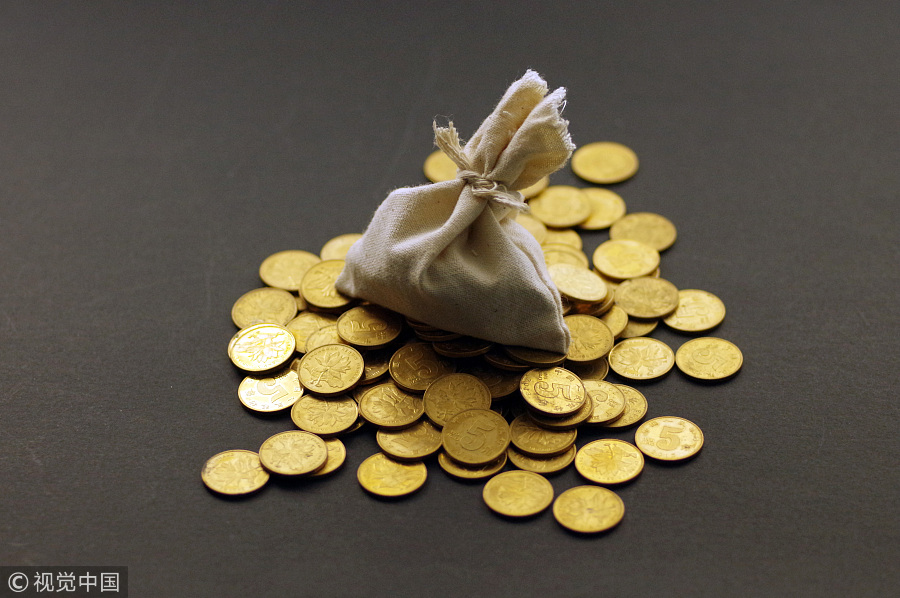Asset managers face tough scene


Chinese privately-offered asset management companies reported poor performance in the first half as the stock market was not in its best form, but experts said prospects for a better second half are bright.
Beijing-based Springs Capital, one of China's leading private fund managers, saw 27 of its 30 products make a loss of more than 12 percent each by June 29, compared with the beginning of this year. Only two products earned profits but their yields were low at only 0.36 percent and 0.53 percent respectively.
Oriental Harbor Investment Management Co Ltd, another established private fund manager, saw 27 of its 30 products suffering losses, with 14 losing by more than 5 percent each.
And 17 out of 19 products of Greenwoods Asset Management suffered losses. One fund product managed by the company's founder Jiang Jinzhi even had a 17.2 percent loss.
All 16 products of Shenzhen Mingda Capital Management Co Ltd had losses of more than 8 percent each.
"Most privately offered asset management companies made losses in the first half as the stock market was off-color and almost all shares fell," said Ma Wenya, general manager of Sunday Fund Co Ltd, a Chengdu-based asset management company.
Ma said liquidity in the A-share market was tight in the first half due to the ongoing deleveraging moves and a series of private placements.
But, since liquidity is expected to improve in the second half, he is still bullish on the A-share market, he said.
"We will have good investment opportunities in the rest of the year if more funds are injected into the market," Ma said.
Wang Tao, chief China economist at UBS Securities, said the People's Bank of China, the central bank, may cut the reserve requirement ratio by another 150 basis points before the end of this year and conduct open market operations such as using the medium-term lending facility to increase liquidity.
Wang said China will continue to implement financial deleveraging in the second half.
Dong Dengxin, a finance professor at the Wuhan University of Science and Technology, said the Chinese stock market was negatively influenced by trade tariff imbroglio involving the United States and China.
"The A-share market fell to the bottom and the trade volume decreased, so it's been difficult for private fund managers to make profit in the past few months," said Dong.
He further said the second half will likely be better as China's A-share market will probably see an uptrend, as the nation's economic fundamentals are good and the consumption potential is huge.
China Investment Corp, China's sovereign wealth fund, has expressed a desire to invest in the domestic market as stock valuations have hit multiyear lows, underscoring how coming home could bring new opportunities to boost returns.
The $941 billion CIC is seeking permission to invest in local shares and bonds, and has laid the groundwork for an application to the central government, according to Bloomberg.




































